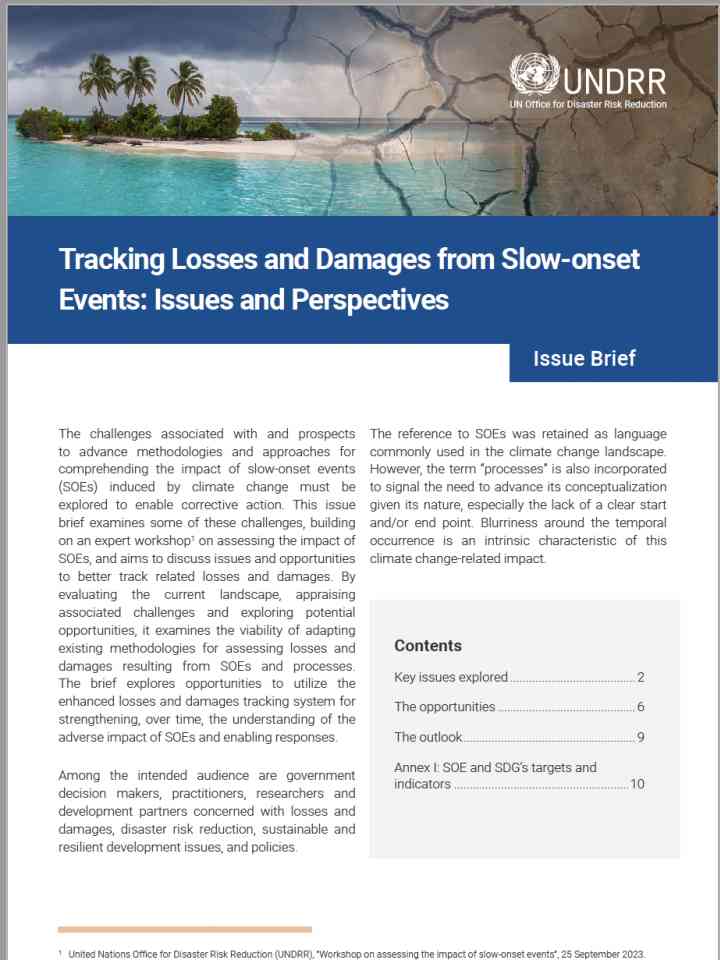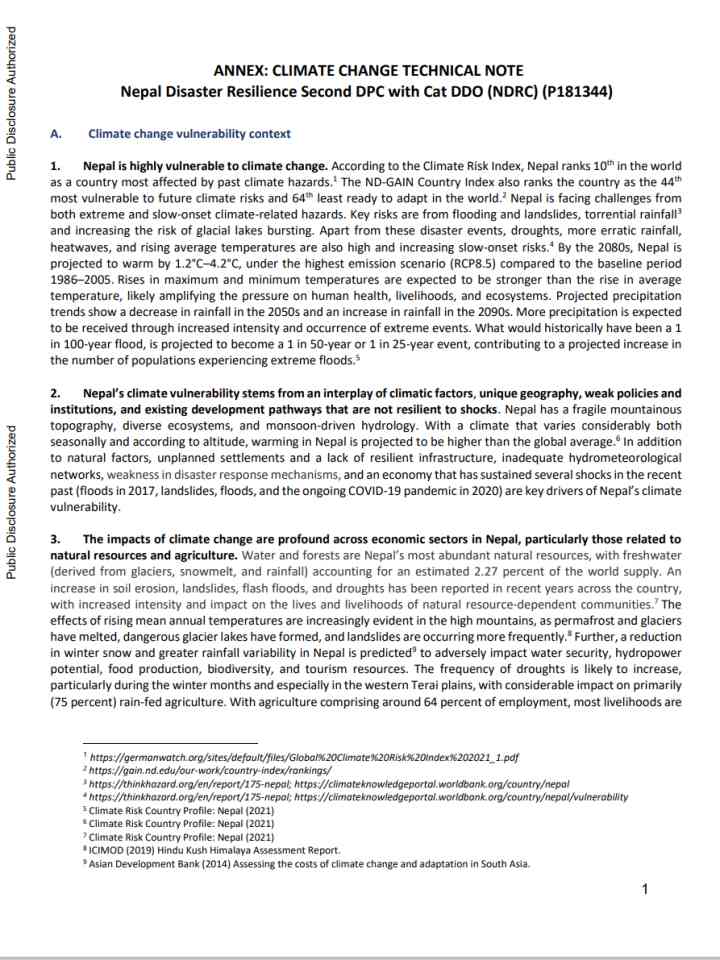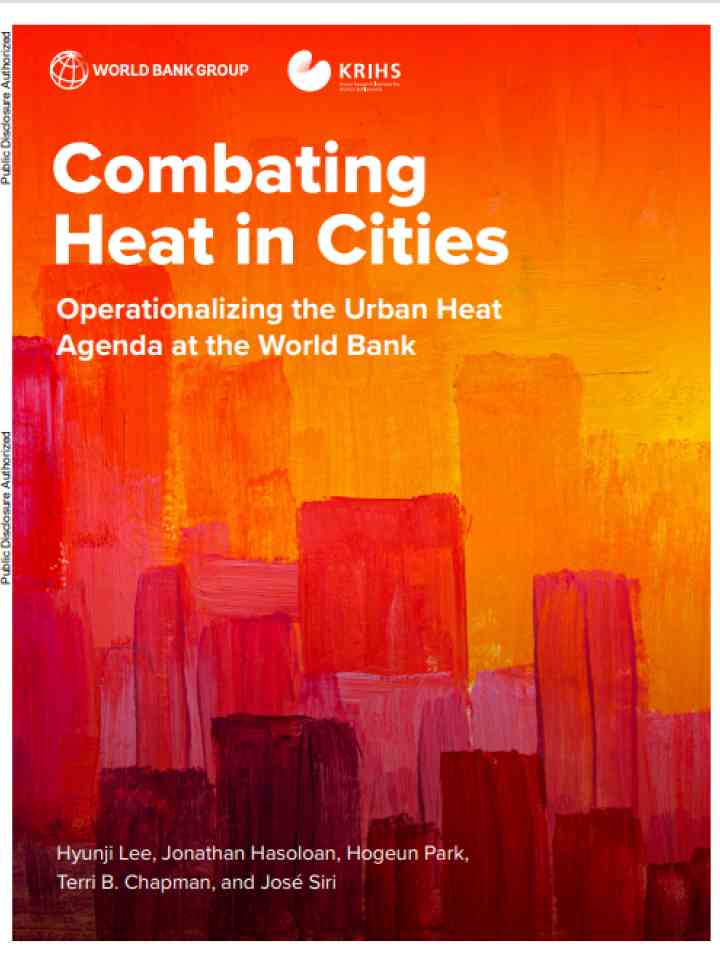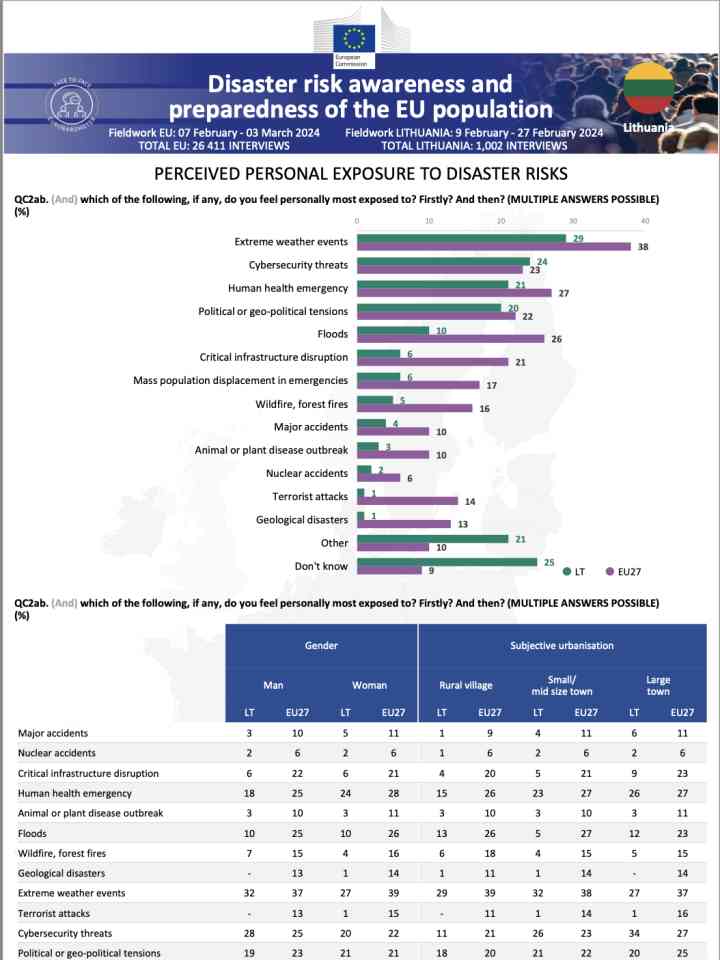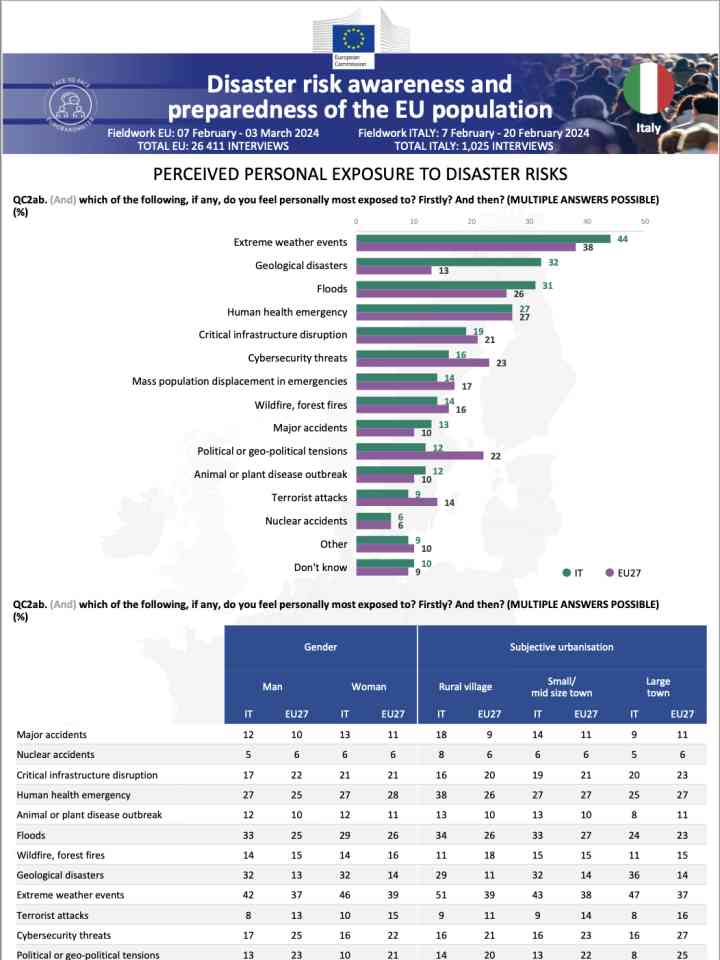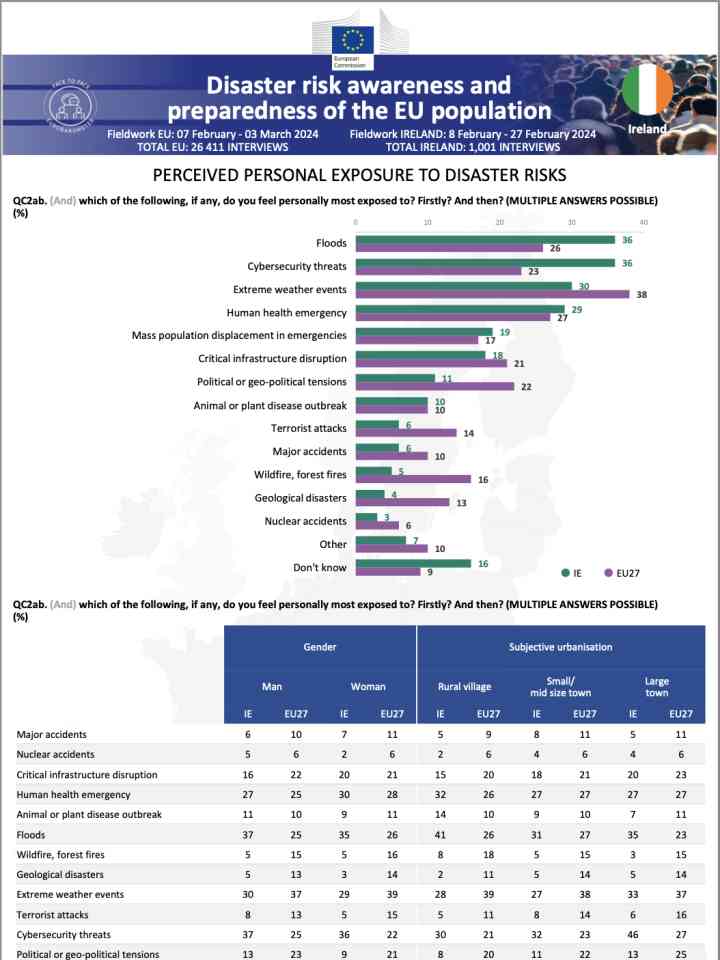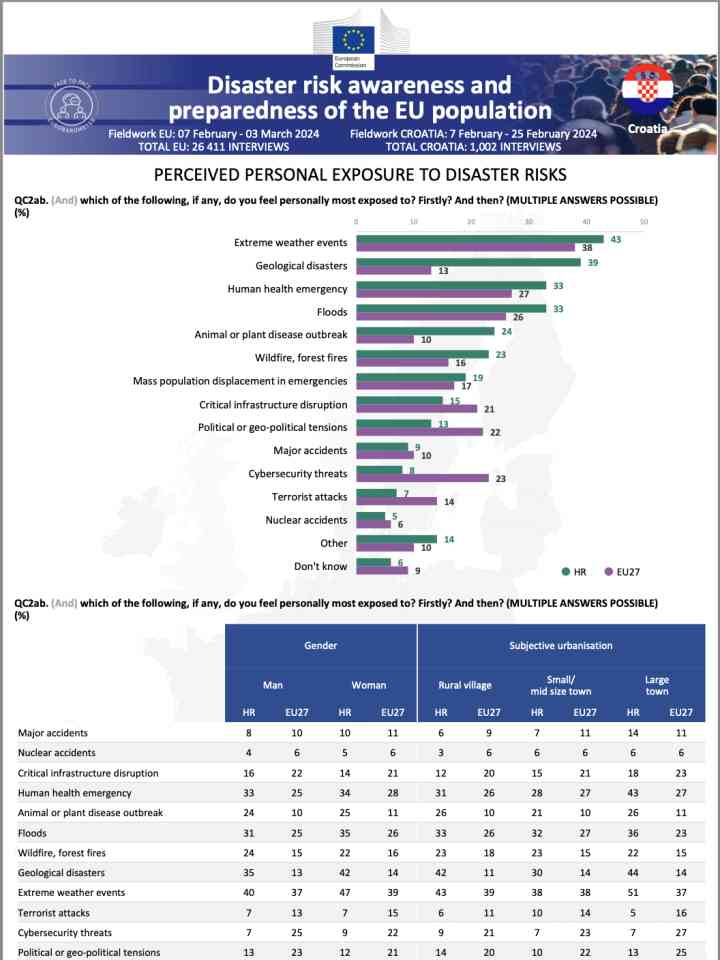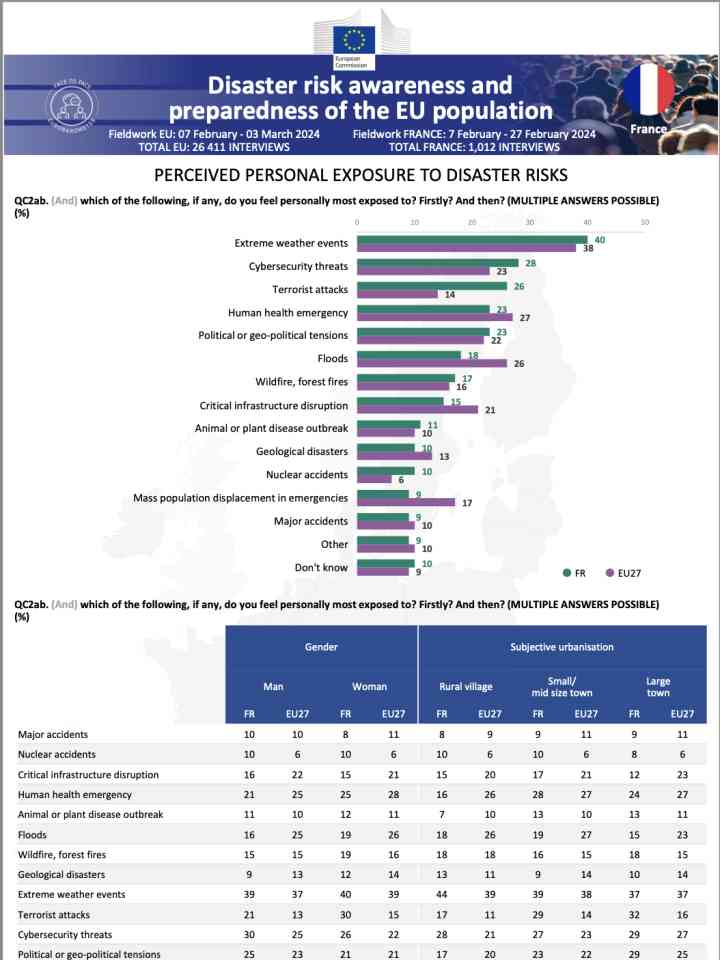Documents and publications
Explore a comprehensive collection of publications, reports, and documents that focus on disaster risk and resilience.
These resources offer insights, best practices, and research aimed at mitigating the impact of disasters. Whether you're seeking the latest research, policy recommendations, or case studies, this library supports knowledge sharing and informed decision-making in building safer, more resilient communities.
